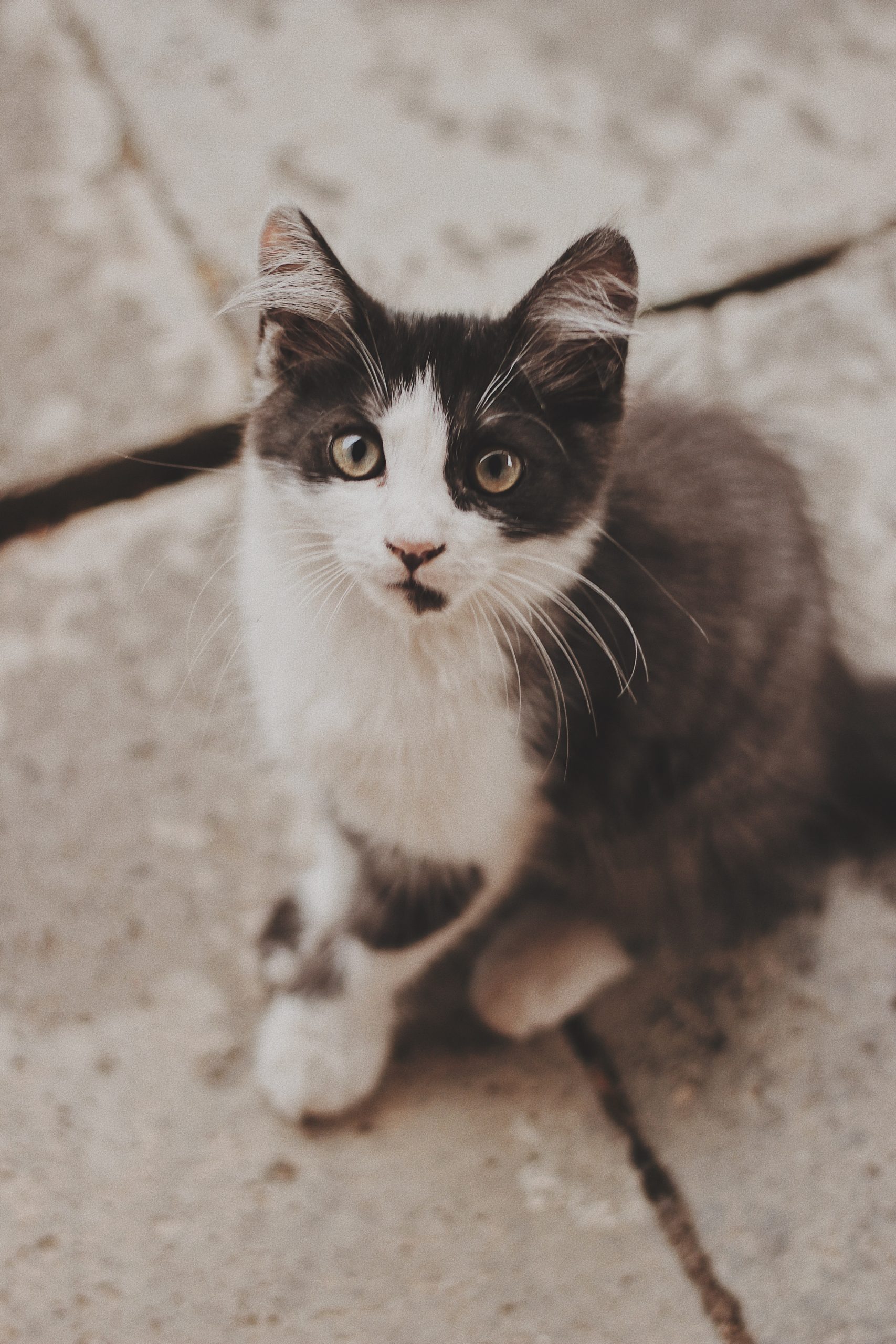Some articles are better when they’re backed up with great sources. But scientific pet writing can be difficult for per owners to read. Luckily, our writers are used to explaining complex subjects in a simple way, and when it comes to translating the scientific literature they’re the best placed to help pet owners understand what the evidence says.
Take a look at why vets are so great at scientific pet writing, why you should cite your evidence in all your articles, and how one of our vet writers helped Tuxedo Cat.
Why are vets great at scientific pet writing?
Writing for members of the pet-owning public requires excellent communication skills, but these are very similar to the communication skills that our vets use day-to-day when working in their clinics. Although it can be a fine line to tread when you have to link to scientific articles and research papers without losing reader interest, our vets are used to this balancing act. As pet writers, their articles are easy to understand- yet fully sourced and backed up with all the available evidence.
Do my pet articles need to be sourced even if written by a vet?
It’s entirely up to you whether your pet articles are sourced or not. However, Google likes hyperlinks – they help the bots find their way around. And when you properly attribute your facts, the Googlebots can tell your pet writer has done their research. How much sourcing is necessary depends a lot on your writer. If your freelance pet writer isn’t an expert, you should source heavily, so that search engines can see they’ve done their research. When you have an expert like a veterinarian writing your articles, you don’t need to source quite so heavily – 2-3 links to external sources (usually for facts and figures) is plenty.
Are there good and bad sources for pet articles?
There are good and bad sources for everything, pet articles included. There are several examples where a blogger has sourced another (non-qualified) writer, and that writer has sourced another writer, and the whole thing goes round and round like an echo chamber. The problem is that the original article wasn’t sourced to any scientific fact, and what is being perpetuated is misinformation or opinion. That’s not clear to the end reader, who only sees that you’ve included hyperlinks so you must have done your research. This can come back to bite you if they then read something else elsewhere and lose trust in your brand or website.
It’s always best to cite peer-reviewed scientific literature. Although anybody can read an abstract of a paper, sometimes understanding what you’re reading is a little harder. Especially when it comes to drawing conclusions from what you’ve read. As vets, our writers are fully trained in evaluating a source to make sure it’s a good one, as well as in interpreting results of scientific studies to ensure the right conclusions are being drawn.
How should I cite my sources in a pet article?
For most pet owner education articles, a simple hyperlink to the source is sufficient – it’s easy to follow and allows readers and bots alike to see exactly what you have evidence for and what you don’t. However, for a next-level scientific pet article, you can include a bibliography at the end. This list of sources indicates a high-quality research article and shows that your writer is trained in scientific pet writing – something your competitors may not be able to boast.
How we helped Tuxedo Cat
We were asked by Tuxedo Cat to answer the question ‘Is CBD good for cats?’. Our answer covered all the available evidence in an easy-to-understand manner for pet owners – scientific pet writing at its best!
Tuxedo Cat was very pleased with this piece of pet writing work, and so were we!
As always, why choose a freelance writer, when you can choose a freelance vet writer?
Conclusion
We generally recommend that your pet articles contain sources, for the reasons above. However, it’s completely down to you. Even when we’re asked not to source an article, using a vet writer means you can be sure that your blog, newsletter, or magazine article is up-to-date and stuffed to the brim with great information for your readers. You’ll be able to rest easy knowing that your articles are medically safe and clinically correct.


